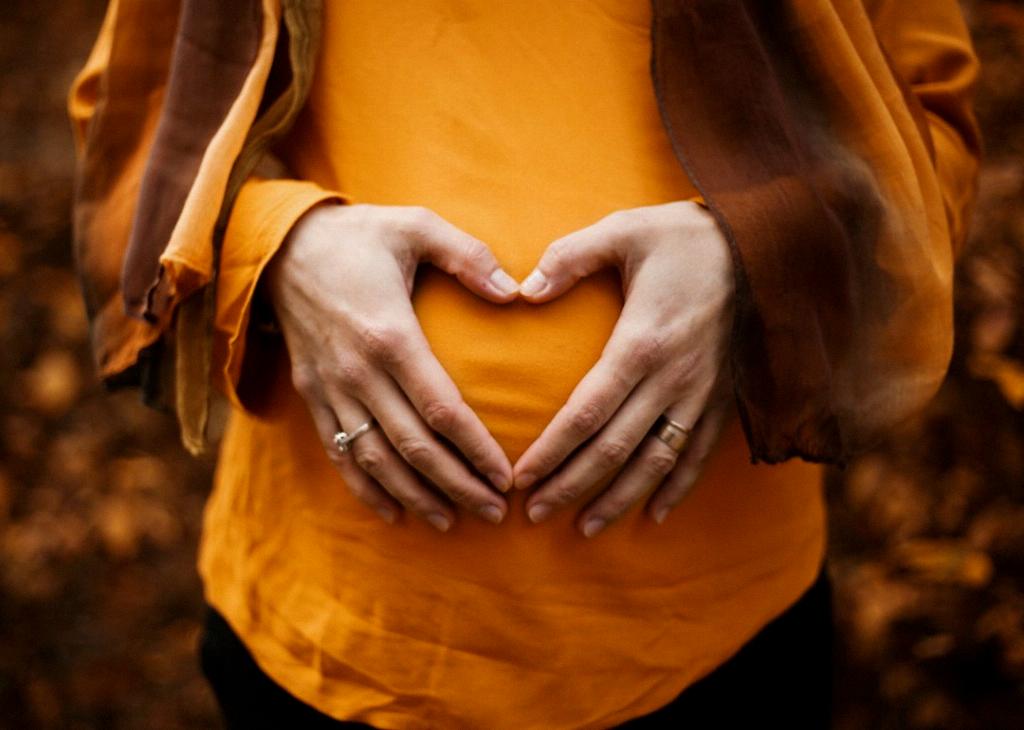Let’s delve into the topic of fertility and the chances of conceiving when it comes to premature ejaculation. Many individuals may wonder about the likelihood of getting pregnant in such a scenario, and it’s important to shed some light on this matter.
First and foremost, it’s crucial to understand that even with premature ejaculation, there is a possibility of sperm being present in pre-cum or pre-ejaculate fluid. This fluid might contain sperm, which can potentially lead to pregnancy if it comes into contact with the female reproductive system.
Contrary to popular belief, the withdrawal method, where a male withdraws before ejaculation, is not foolproof. Research suggests that approximately 20% of couples who rely on this method may find themselves facing an unintended pregnancy within a year of using it.
It’s worth noting that the chances of conception from premature ejaculation can vary depending on various factors. These factors include the timing of the woman’s menstrual cycle, the viability of the sperm, and the overall reproductive health of both partners.
During the fertile window of a woman’s menstrual cycle, which typically occurs around ovulation, the chances of getting pregnant are naturally higher. In such instances, even a small amount of sperm from premature ejaculation can significantly increase the odds of conception.
Additionally, the quality and quantity of sperm play a crucial role in determining fertility. If the sperm present in pre-ejaculate fluid is highly motile and viable, it can successfully fertilize an egg, leading to pregnancy.
Factors such as age, overall health, and any underlying reproductive issues can also impact the likelihood of pregnancy from premature ejaculation. Older individuals or those with certain medical conditions may face different odds compared to younger, healthier individuals.
It’s essential for individuals and couples to be informed about contraception and fertility to make informed decisions regarding pregnancy prevention. While premature ejaculation may not always lead to pregnancy, understanding the potential risks and taking appropriate precautions is crucial.
Consulting with healthcare providers, gynecologists, or fertility specialists can provide valuable insights into personal fertility factors and help individuals make informed choices about contraception and family planning.
Remember that communication between partners regarding contraception, fertility intentions, and sexual health is key in navigating these important aspects of a relationship. Open and honest discussions can lead to shared decision-making and mutual understanding.
In conclusion, while the odds of getting pregnant from premature ejaculation are not guaranteed, the presence of sperm in pre-ejaculate fluid means that there is still a potential risk of conception. Being educated about contraception methods and fertility can empower individuals to make responsible choices regarding their reproductive health.
Ultimately, taking proactive steps, seeking guidance from healthcare professionals, and engaging in open communication with partners are vital components in managing fertility concerns and preventing unintended pregnancies.

